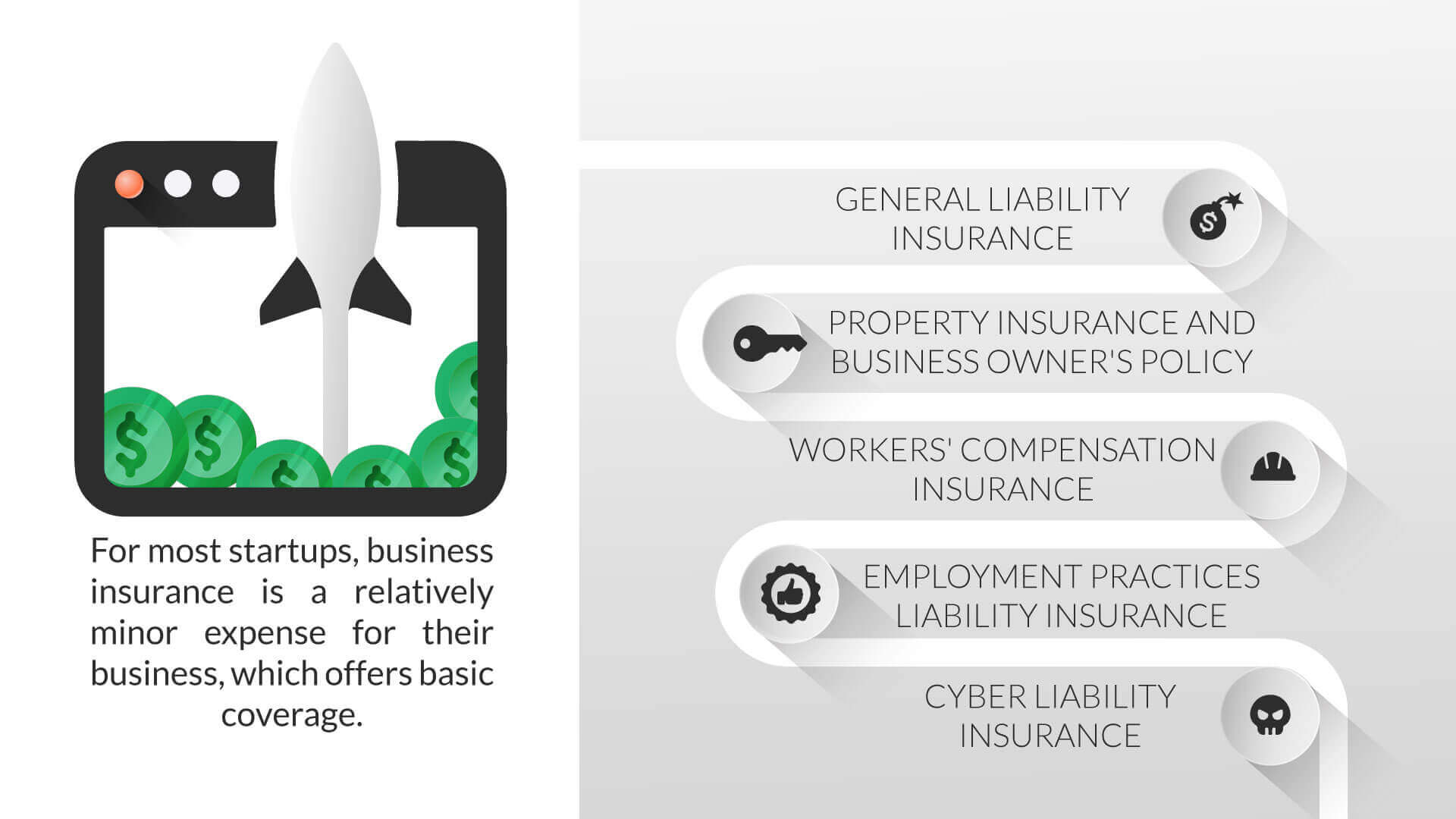Starting a new business is an exciting adventure, but it comes with its own set of risks and challenges. One of the most crucial steps in safeguarding your startup is securing the right business insurance. However, as a new business owner, keeping costs low is often a priority. This blog post will explore some of the most affordable business insurance options for startups in the US, helping you protect your investment without breaking the bank.
Cheapest Business Insurance Options for Startups in the US
Why Business Insurance is Essential
Before diving into the cheapest options, it’s important to understand why business insurance is a necessity:
- Liability Protection: Covers legal costs if your business is sued for negligence or other claims.
- Property Coverage: Protects your physical assets from damage or theft.
- Employee Protection: Ensures your employees are covered in case of work-related injuries.
- Compliance: Many states require certain types of insurance for businesses to operate legally.
Affordable Business Insurance Types for Startups
- General Liability Insurance (GLI)
- Overview: Covers legal costs for claims of bodily injury, property damage, and advertising injuries.
- Cost: Generally ranges from $300 to $1,000 per year for small businesses.
- Best For: Most startups, as it provides broad coverage for common risks.
- Business Owner’s Policy (BOP)
- Overview: Combines general liability insurance and commercial property insurance into one package.
- Cost: Typically costs between $500 and $2,500 per year.
- Best For: Small to medium-sized businesses looking for comprehensive coverage.
- Professional Liability Insurance
- Overview: Also known as Errors and Omissions (E&O) insurance, it covers claims related to professional mistakes or negligence.
- Cost: Ranges from $500 to $1,500 per year.
- Best For: Service-based businesses such as consulting, legal, or accounting firms.
- Workers’ Compensation Insurance
- Overview: Covers medical expenses and lost wages for employees who get injured on the job.
- Cost: Varies by state but generally costs $0.75 to $2.74 per $100 of payroll.
- Best For: Any business with employees, as it’s required by law in most states.
- Commercial Auto Insurance
- Overview: Covers vehicles used for business purposes.
- Cost: Averages around $600 to $2,400 per year.
- Best For: Businesses that use vehicles for operations, such as delivery services or contractors.
Tips for Lowering Business Insurance Costs
- Shop Around: Compare quotes from multiple insurers to find the best rates.
- Bundle Policies: Many insurers offer discounts if you purchase multiple types of coverage.
- Increase Deductibles: Opting for a higher deductible can lower your premium, but ensure it’s an amount you can afford to pay out of pocket.
- Risk Management: Implement safety and risk management practices to reduce the likelihood of claims, which can lower your premiums over time.
- Consult an Insurance Broker: Brokers can help you find the most cost-effective policies tailored to your business needs.
Recommended Insurers for Startups
- Hiscox
- Pros: Specializes in small business insurance, offers customizable policies.
- Cons: Can be more expensive for higher coverage limits.
- Best For: Startups needing tailored coverage.
- Next Insurance
- Pros: Online-based, quick quotes, affordable rates.
- Cons: Limited to specific types of coverage.
- Best For: Tech-savvy startups looking for a streamlined process.
- Progressive Commercial
- Pros: Known for commercial auto insurance, multi-policy discounts.
- Cons: Limited options for non-vehicle related coverage.
- Best For: Businesses that rely heavily on vehicles.
- State Farm
- Pros: Nationwide presence, comprehensive coverage options.
- Cons: Can be pricier than other options for certain policies.
- Best For: Startups needing a wide range of insurance products.
- Thimble
- Pros: Flexible, on-demand coverage, ideal for project-based businesses.
- Cons: Limited long-term policy options.
- Best For: Freelancers and gig economy businesses.
